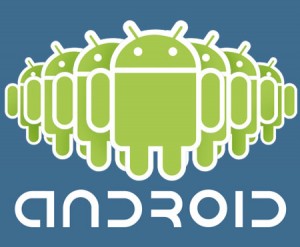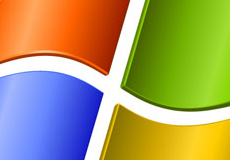
By
Rob ScottApril 9, 2011
In his first public appearance since joining Hewlett-Packard in November, CEO Leo Apotheker delivered a speech in San Francisco that outlined the company’s new online strategy that he explained will target both consumers and businesses. Apotheker emphasized cloud computing and an online app store as part of his vision to bring HP to the forefront as “the platform for the cloud and connectivity.” He suggested that the app store would include programs from HP as well as from other companies.
 Apotheker dismissed speculation that HP would be acquiring software maker SAP AG or any other provider of transactional business programs. The Wall Street Journal reports that his goal is to address the “increasing amount of unstructured data — information that isn’t easily categorized”; HP will “focus on products and services that will help businesses better make sense of them.”
Apotheker dismissed speculation that HP would be acquiring software maker SAP AG or any other provider of transactional business programs. The Wall Street Journal reports that his goal is to address the “increasing amount of unstructured data — information that isn’t easily categorized”; HP will “focus on products and services that will help businesses better make sense of them.”
Apotheker explained that the company’s webOS operating system (newly acquired along with Palm last year) is designed for smartphones and tablets, but will also ship on HP PCs, providing the company with a greater scale. HP plans to produce laptops and desktops with webOS working alongside Windows, enabling computers to interact with HP’s smartphones and tablets.

By
Rob ScottApril 4, 2011
The battle for control of Google’s phone/tablet OS continues to heat up. In this Bloomberg Businessweek article, developers complain about Google’s increasing demands for control over how its supposedly “open source” Android platform is deployed. One protester says he just cut a deal with Microsoft because he feels Windows Phone 7 offers more opportunity to innovate (he is, at this point, in the minority, as well as a former MS employee, but it pays to keep an eye on the outliers).
 Bloomberg reports that Google has recently reached out to carriers and manufacturers that want to implement its mobile operating system with a message: “There will be no more willy-nilly tweaks to the software. No more partnerships formed outside of Google’s purview. From now on, companies hoping to receive early access to Google’s most up-to-date software will need approval of their plans. And they will seek that approval from Andy Rubin, the head of Google’s Android group.”
Bloomberg reports that Google has recently reached out to carriers and manufacturers that want to implement its mobile operating system with a message: “There will be no more willy-nilly tweaks to the software. No more partnerships formed outside of Google’s purview. From now on, companies hoping to receive early access to Google’s most up-to-date software will need approval of their plans. And they will seek that approval from Andy Rubin, the head of Google’s Android group.”
Perhaps the most telling bit of information in this story is that Android’s share of the smartphone market grew, “from 9 percent in 2009 to an industry-leading 31 percent worldwide.”
“I don’t think we’ve seen anything like Android in terms of gaining share,” explained Bill Gurley, general partner at venture capital firm Benchmark Capital.
Although there are grumblings from various tech companies, and rumors of complaints to the Justice Department, Bloomberg explains that the Android OS is still open — “it’s just getting more heavily policed.”







